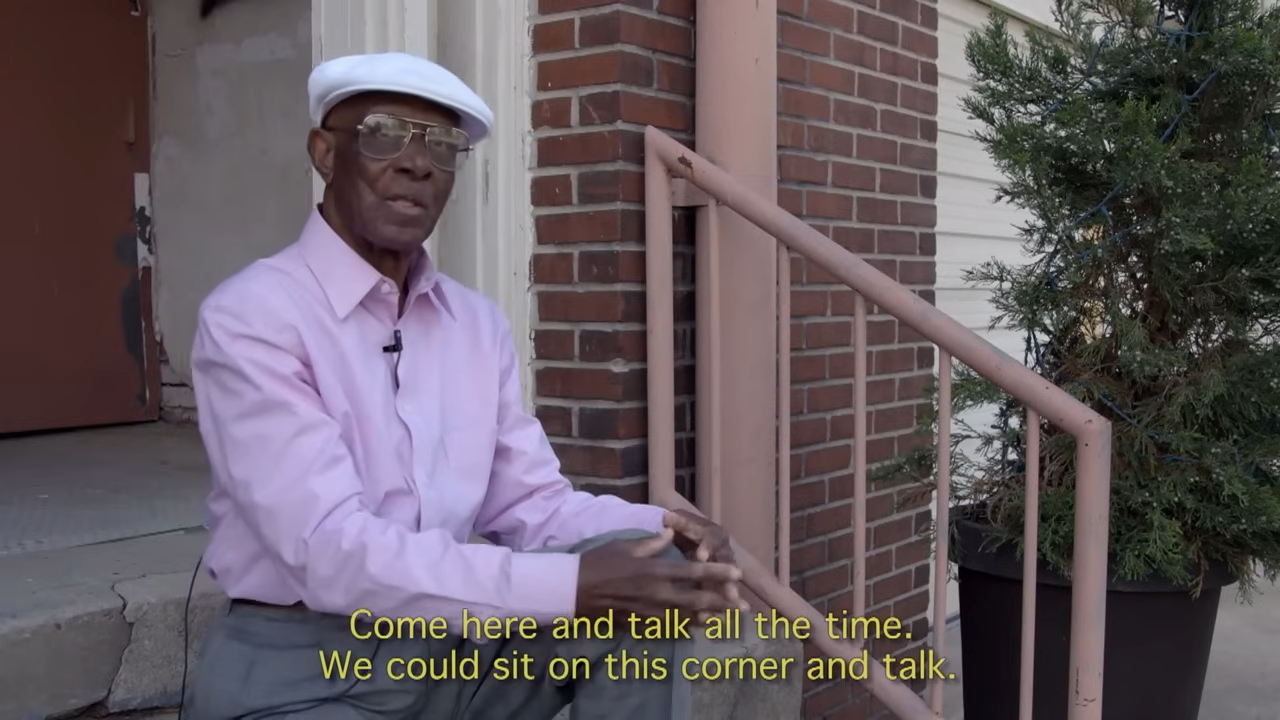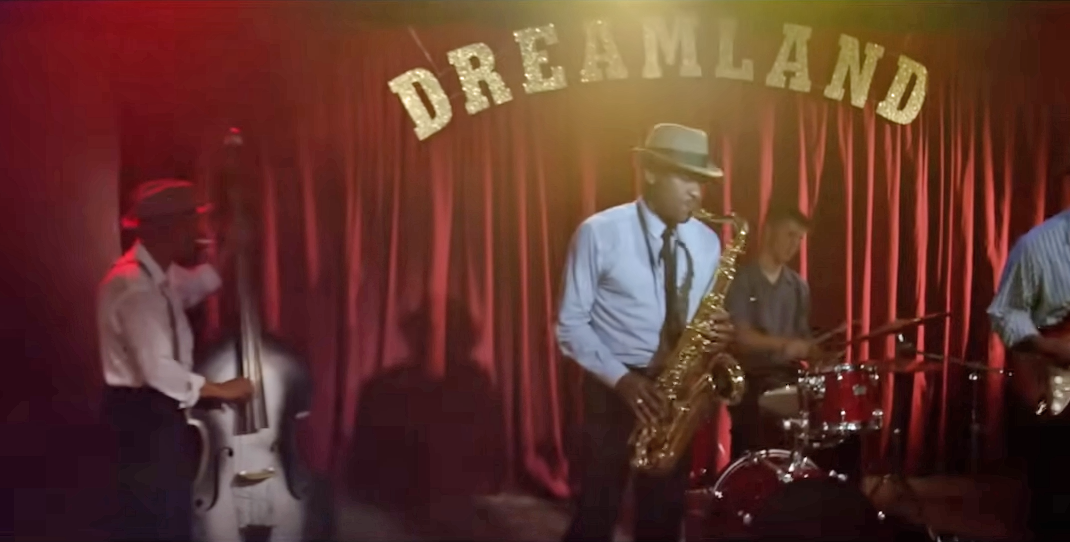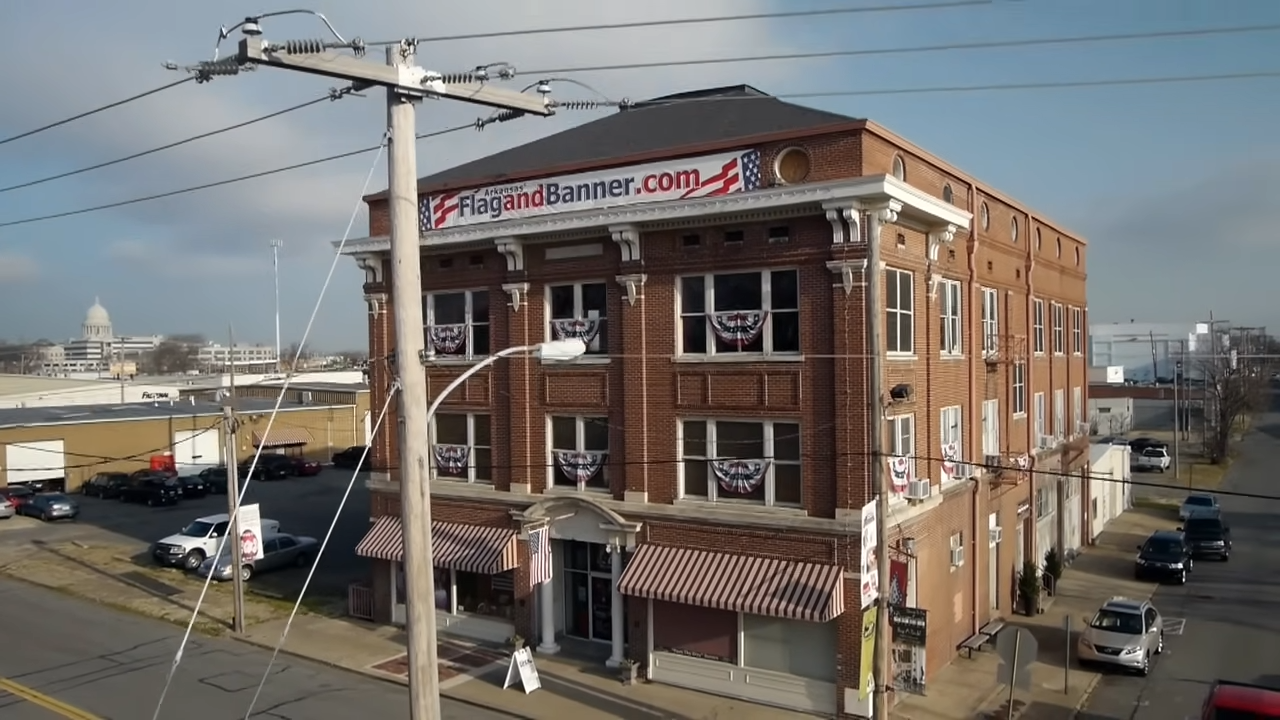Little Rock’s West Ninth Street was once a vibrant, African American business and entertainment district. Taborian Hall is the only remaining historic structure on West 9th Street and stands as a living witness to the street's former glory days. Throughout the 1920s and 1930s, Taborian Hall housed various important Black businesses, including professional offices, a USO, the Gem Pharmacy and the Dreamland Ballroom. By the 1930s, Dreamland was firmly established as a stop on the "Chitlin Circuit," which showcased regional and national African American bands and stage shows. It hosted local musicians, dances, socials, concerts and sporting events.
The Arkansas PBS original production “Dream Land: Little Rock’s West 9th Street” takes viewers through a timeline of history, from the people who lived it, to photos that show its heyday and to the empty lots that now sit where a community thrived. “Dream Land: Little Rock’s West 9th Street” will air Thursday, Feb. 6, at 7 p.m. as part of our “From the Archives” series.

Taking a Tour
Former Twin City Club manager Leon Majors took the Arkansas PBS film crew on the former grounds where many of those businesses once stood. Nearly reclaimed by Mother Nature, concrete and flooring serve as markers of what used to be.
“We used to come here and talk all the time,” Majors said. “We could sit on this corner and talk. Drink a little Coca-Cola, a little beer together and shoot pool. It used to be the talk of the town. I wish them days could come back to me. We got along down here, and I had a good time. We had somewhere to go.”

The Dreamland Ballroom
The Dreamland Ballroom became known for featuring big-named music acts such as Lil Green, Tiny Bradshaw, Duke Ellington, Count Basie, B.B. King, Cab Calloway, Etta James, Little Richard, Ray Charles and many more.
“It’s unclear when Dreamland Ballroom became what it is,” author Berna Love said. “We do know that in 1933, it already had a name. They were already making little heart-shaped invitations. In 1936, the Chicago Defender newspaper started writing about the Dreamland Ballroom and how it was going to be this music epicenter for all these music acts that were coming through Little Rock.”
In the film, Love’s quote sets the stage for a re-enactment of what the Dreamland Ballroom would have looked like with period-appropriate dress, dances and music. Current local artists such as Rodney Block, from Dumas, and Bijoux Pighee, from Little Rock, and Danny Fletcher, from Little Rock, played the role of musicians playing styles of music that would have been heard during that time. All involved in the re-enactment are from Arkansas.
The Dreamland Ballroom was part of what was called the “Chitlin Circuit,” a tour of stops where most of the Black musicians traveled. Stops included Little Rock, Nashville, Beale Street in Memphis and Birmingham.

Present-Day 9th Street
Because of the urban renewal of Little Rock’s downtown area in the late 1950s, the fall of West 9th Street began. With the construction of I-630, 9th Street was effectively cut in half, which led to businesses closing.
“If there was not an I-630 or urban renewal, you would have had really historic buildings that could have created a situation that might be similar to Beale Street in Memphis,” Little Rock architect and historian Kwendeche said. “There may have been more restaurants, more places to attract people, and it would have been a plus for the city of Little Rock to have a distinct district. The land is still here, the street is still here. The opportunity to build back this street in a manner that would be consistent with historic heritage. It’s still possible.”
Today, Taborian Hall, the building that housed the Dreamland Ballroom, is one of the last reminders of an exciting, historic district. Starting in 2018, grants were awarded to restore Taborian Hall to its former glory.
How to Watch
“Dream Land: Little Rock’s West 9th Street” airs Thursday, Feb. 6, at 7 p.m. as part of the “From the Archives” series.
How to Watch on Demand
“Dream Land: Little Rock’s West 9th Street” is available on demand at myarpbs.org/ondemand.

